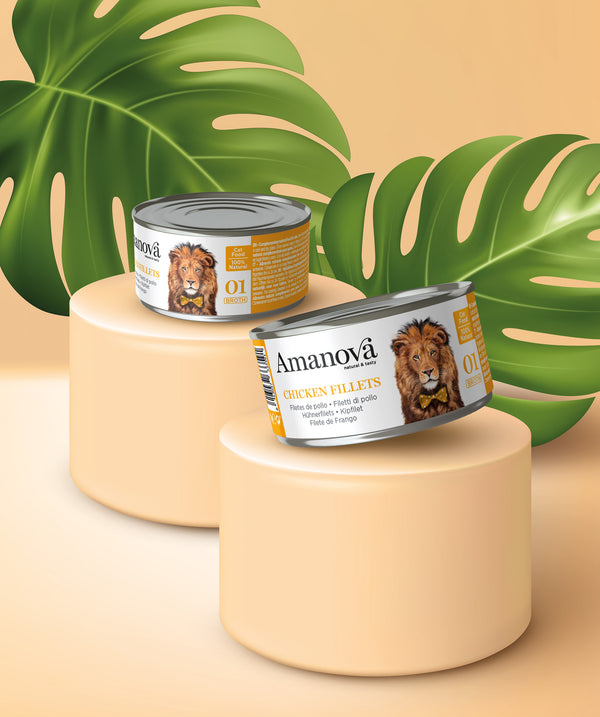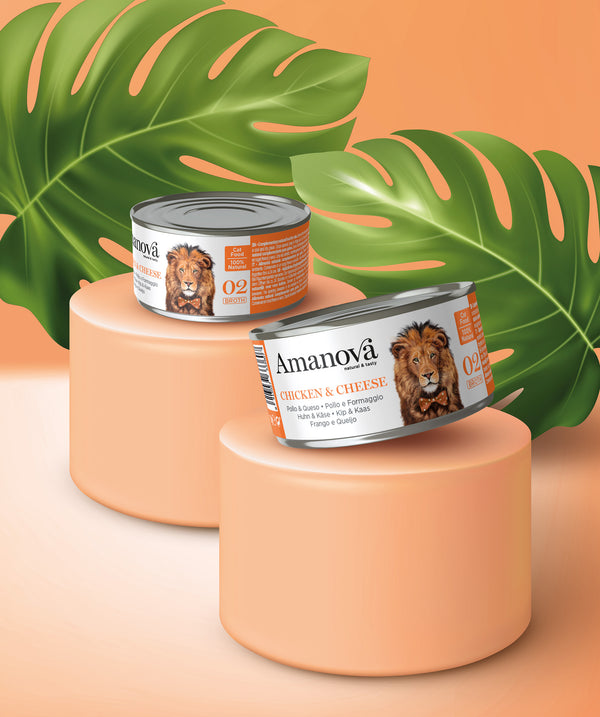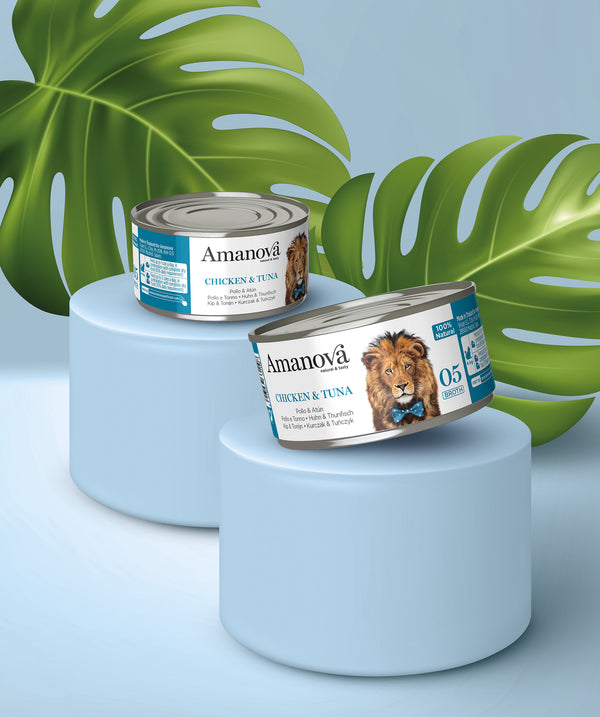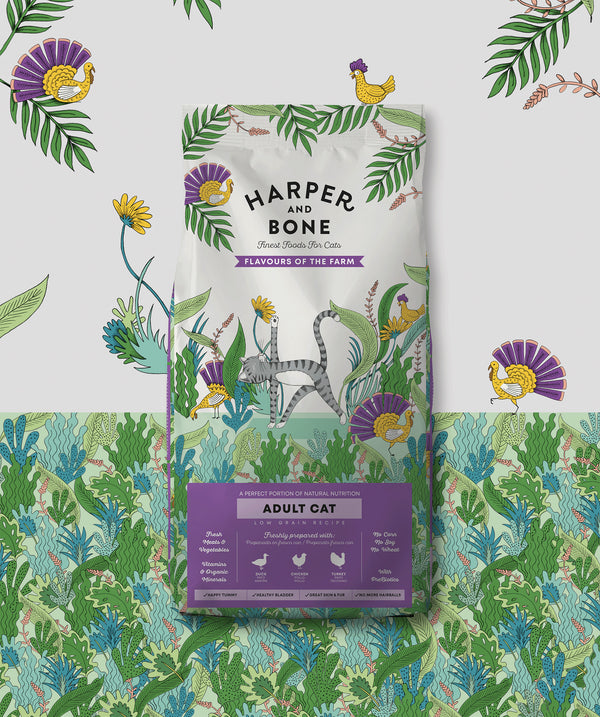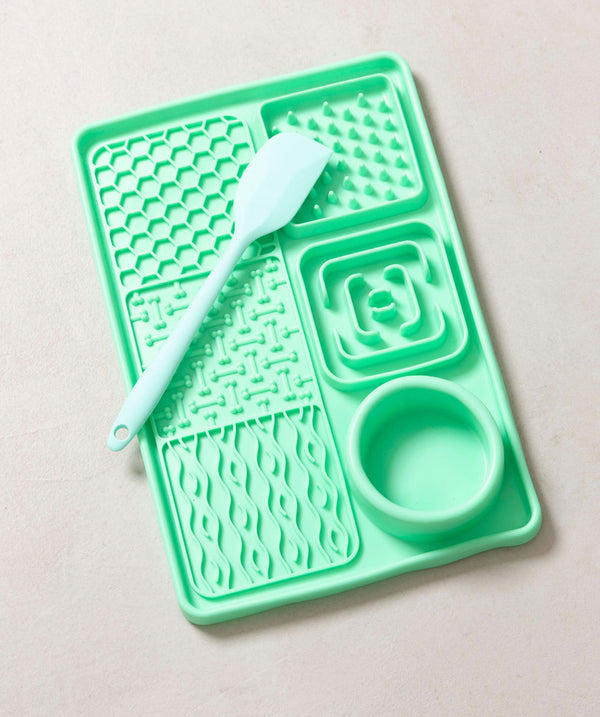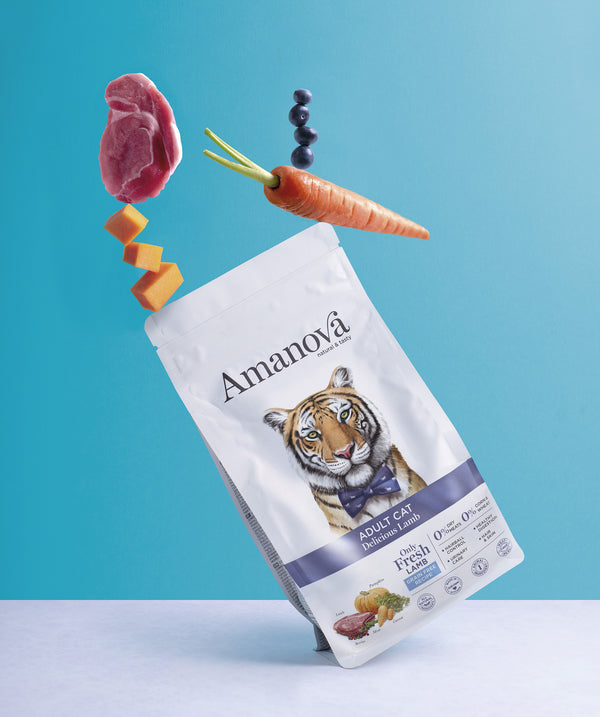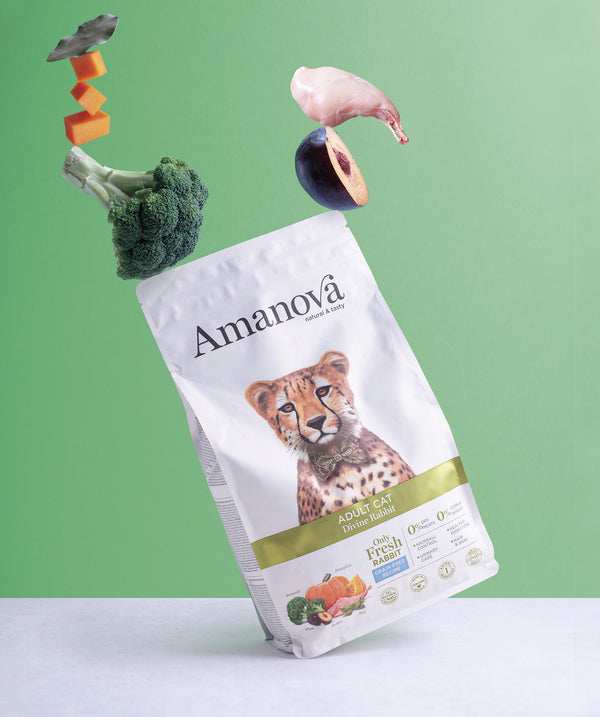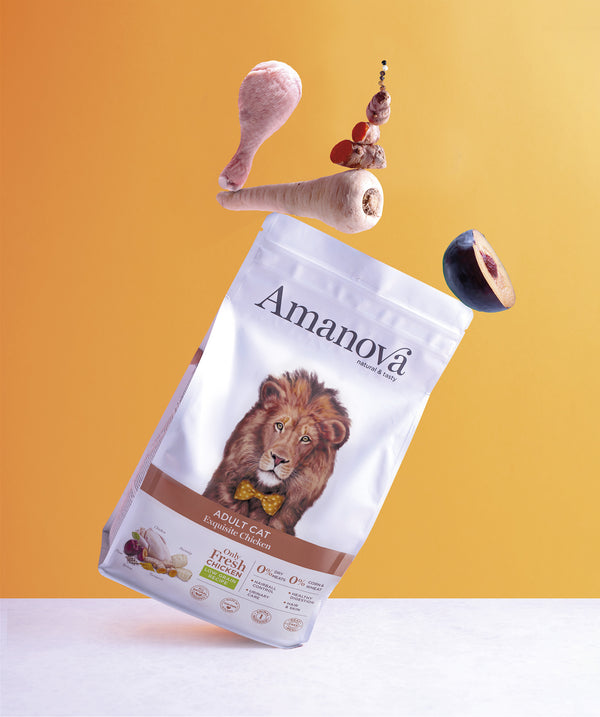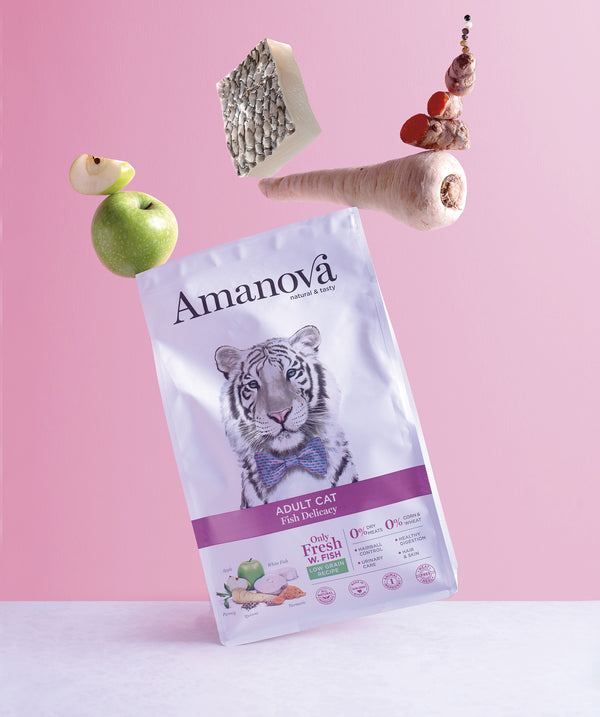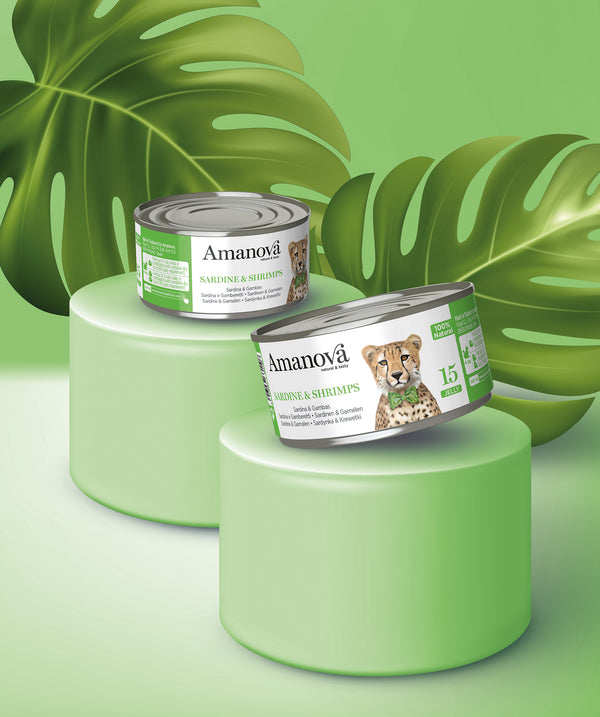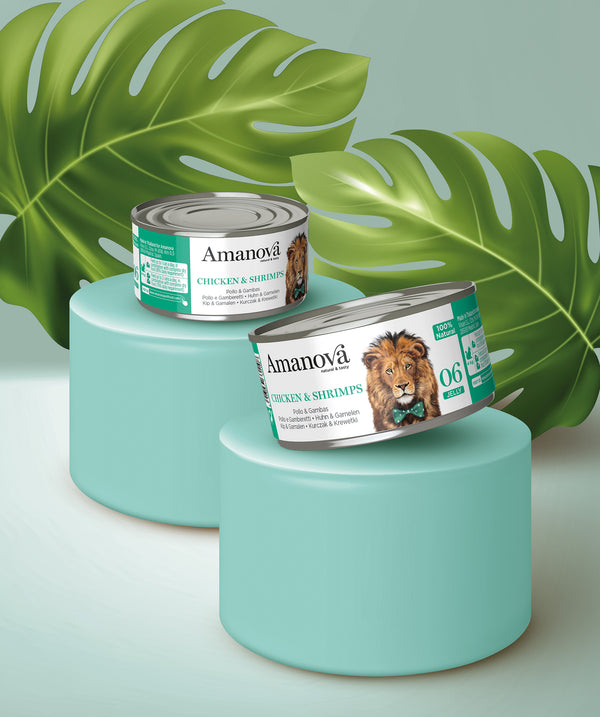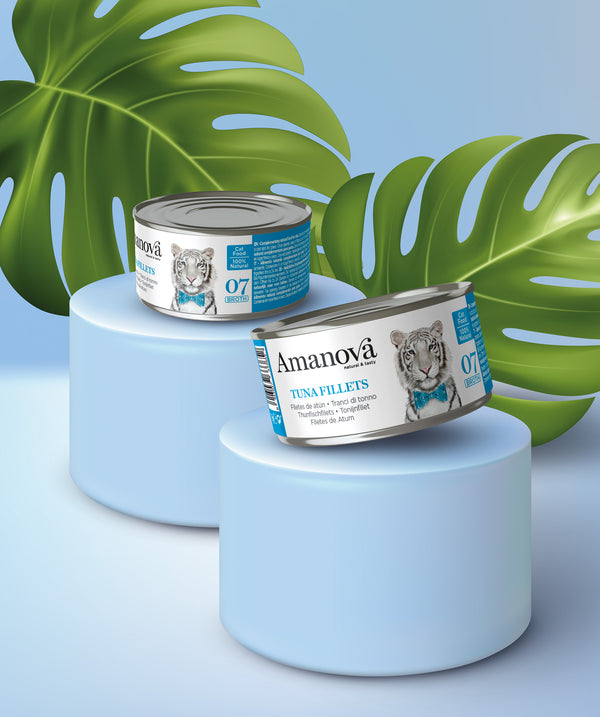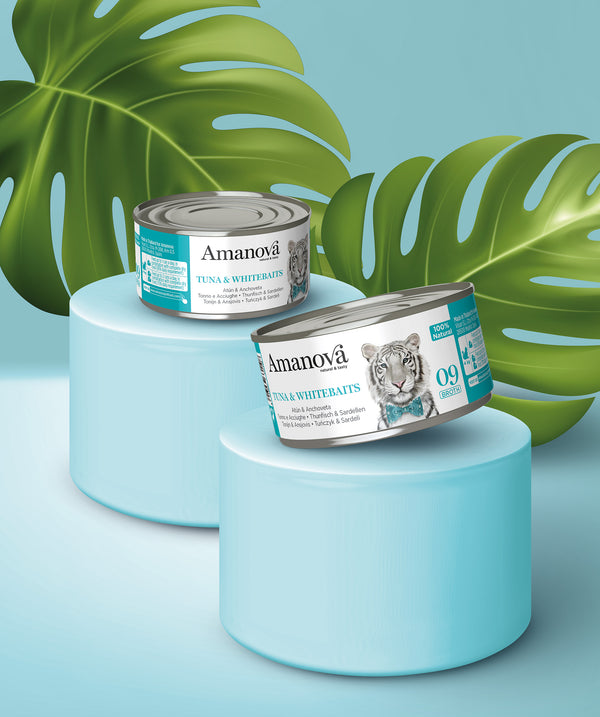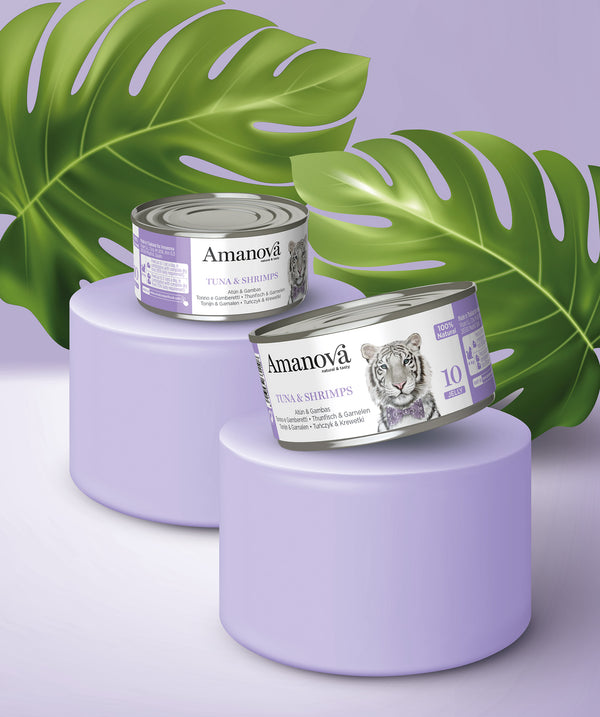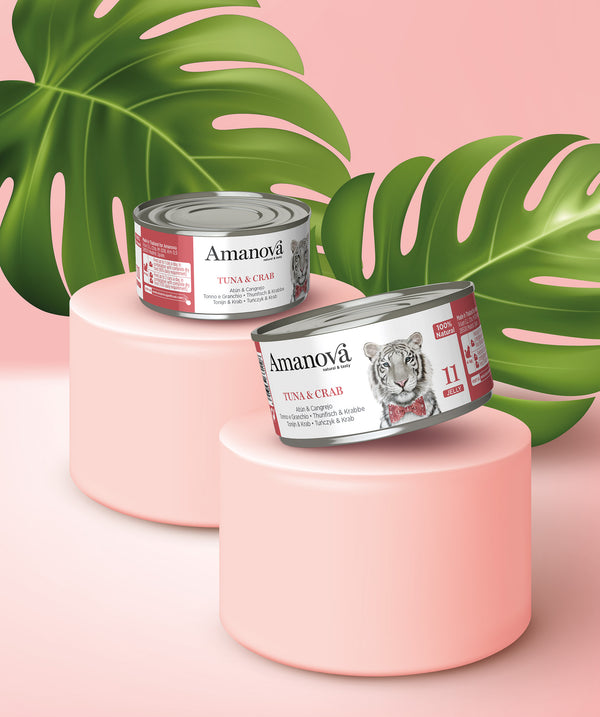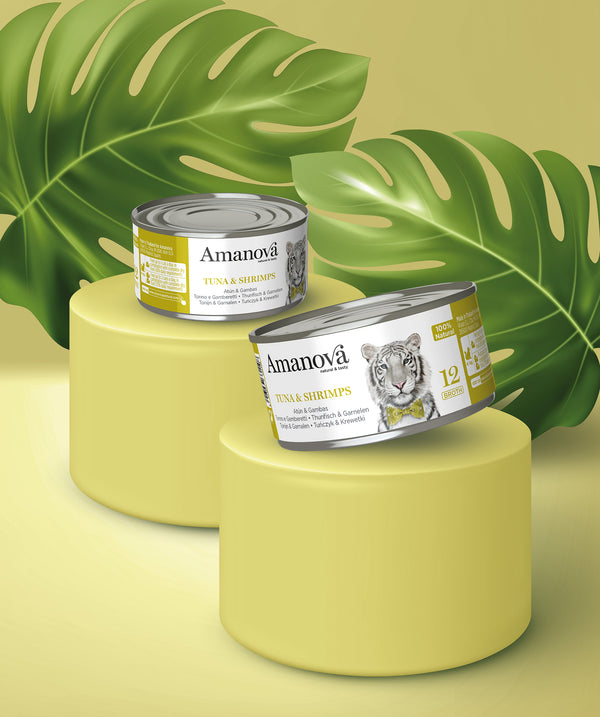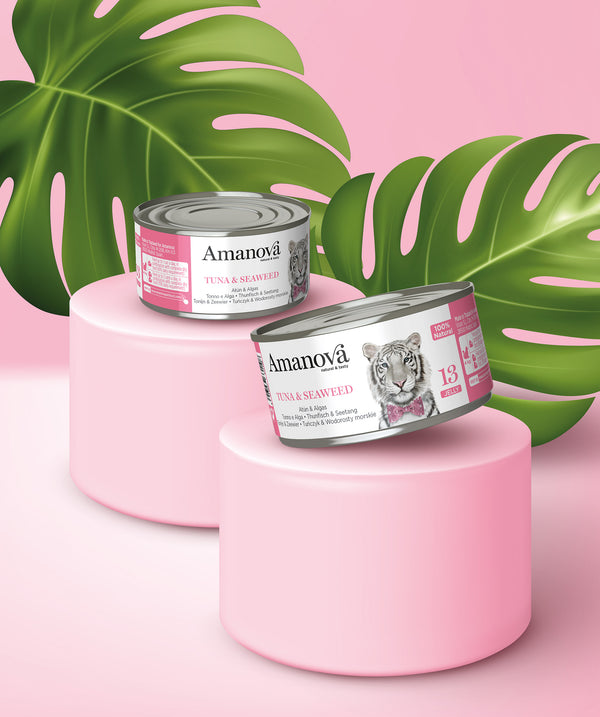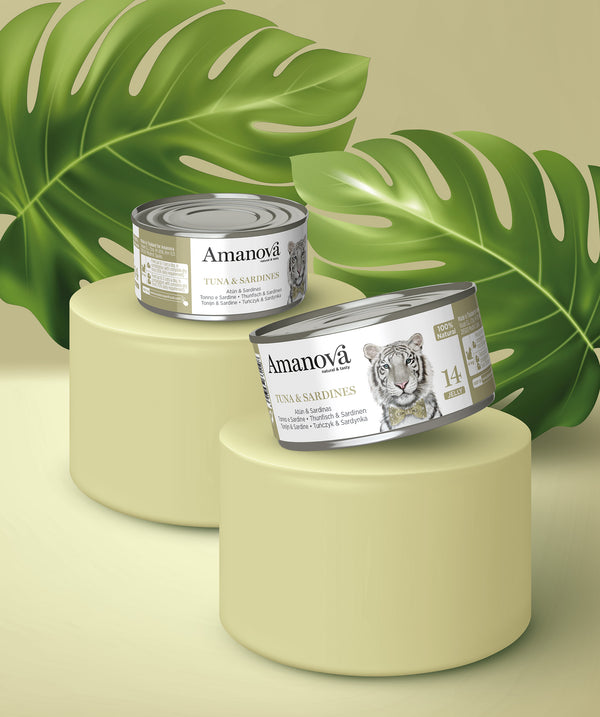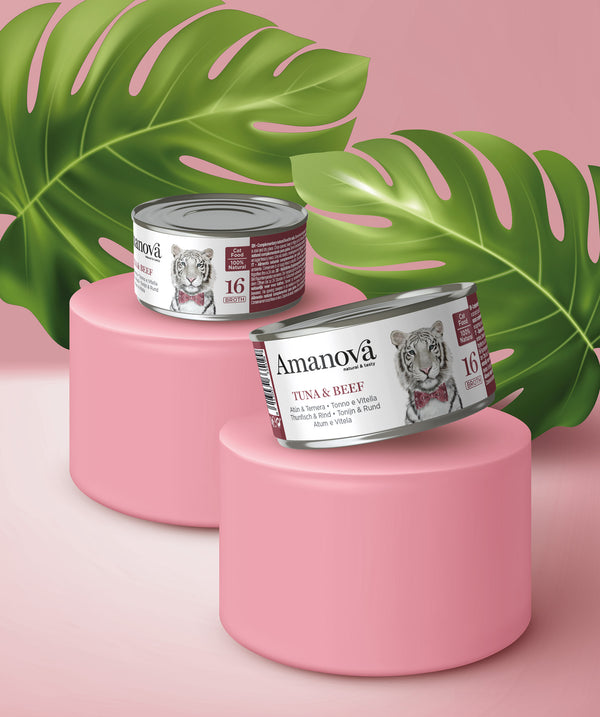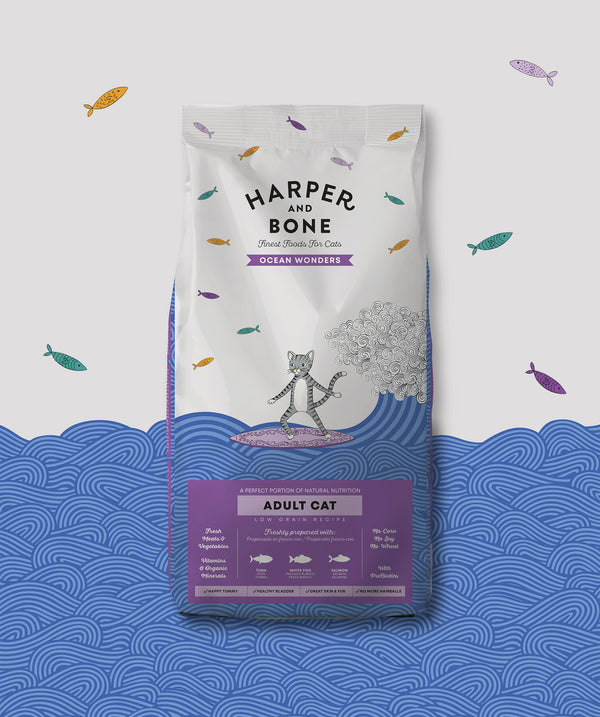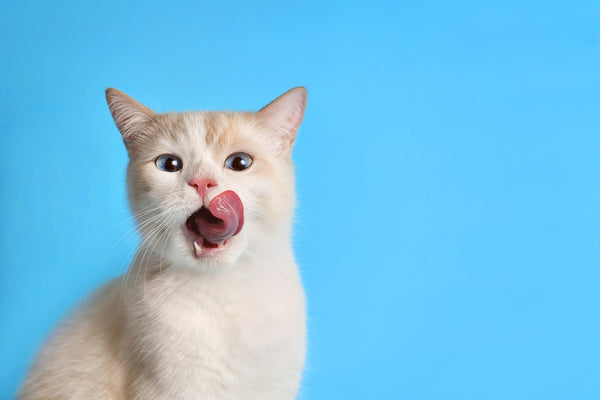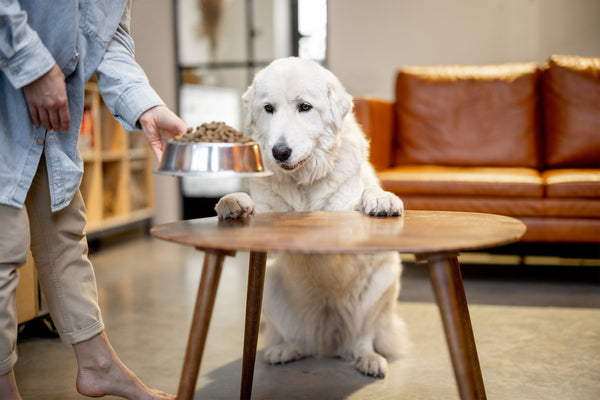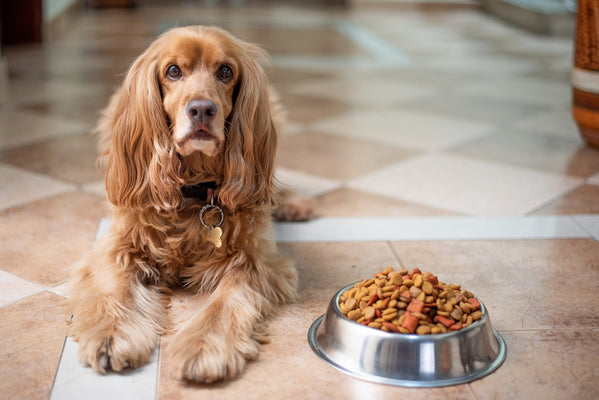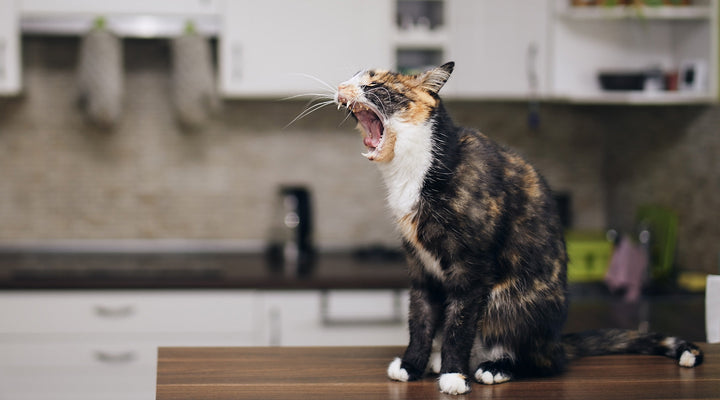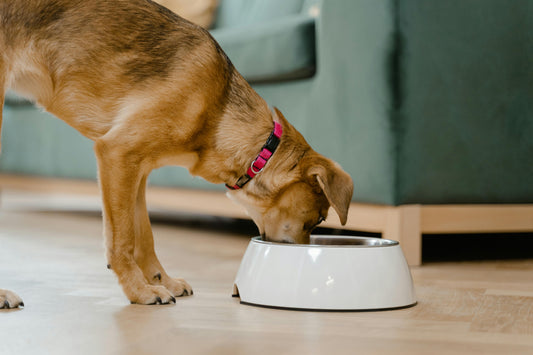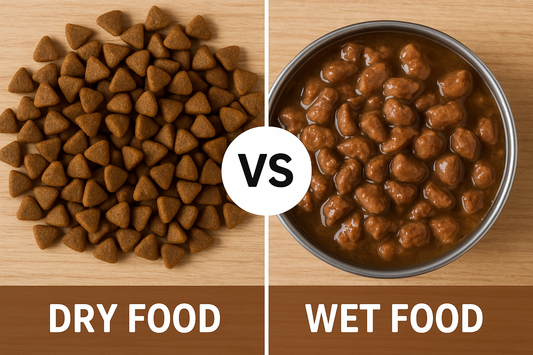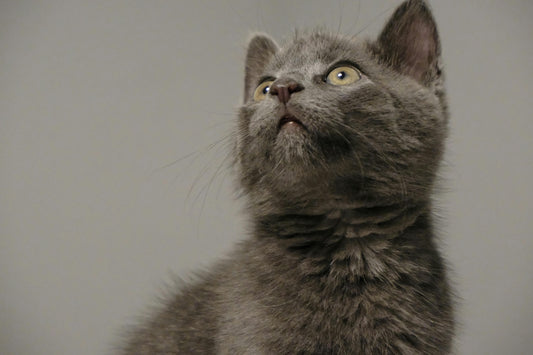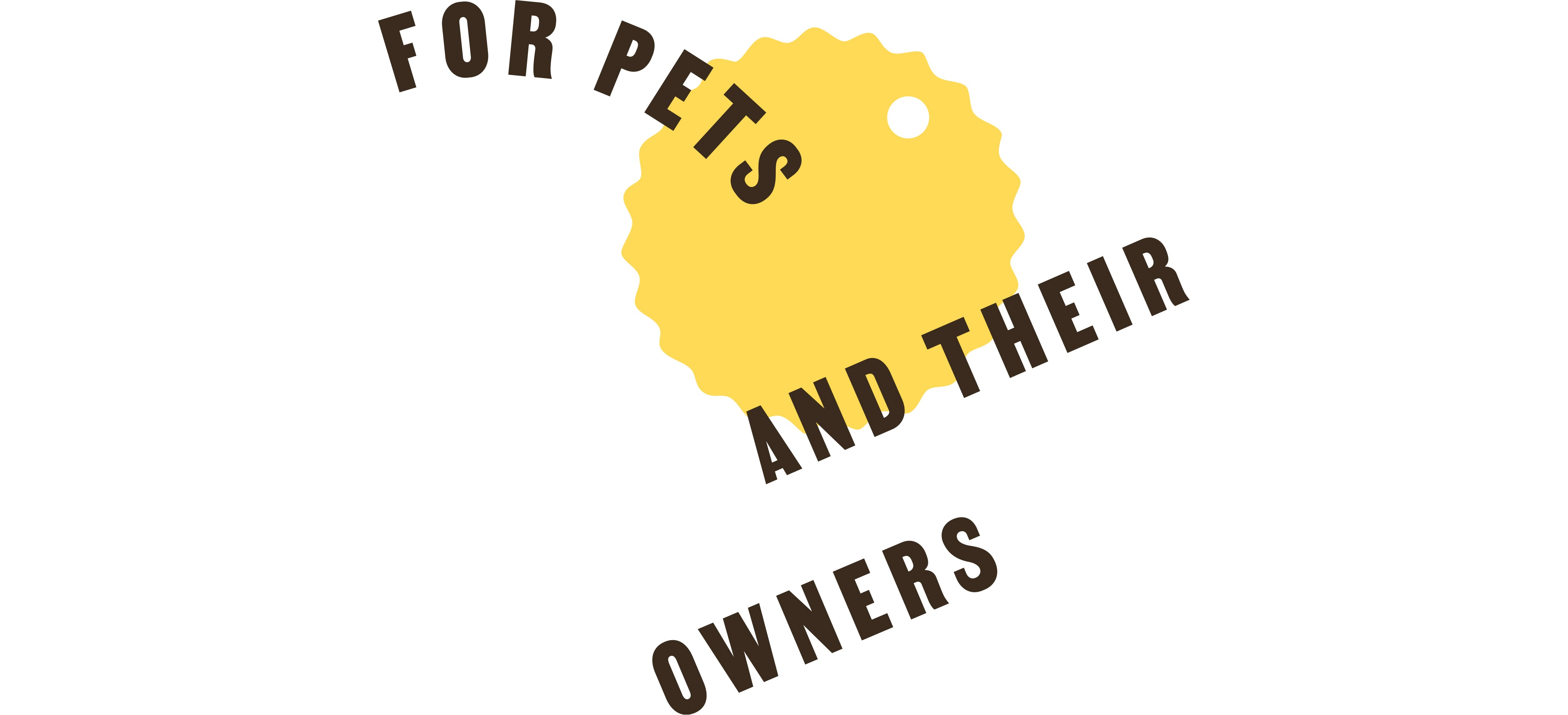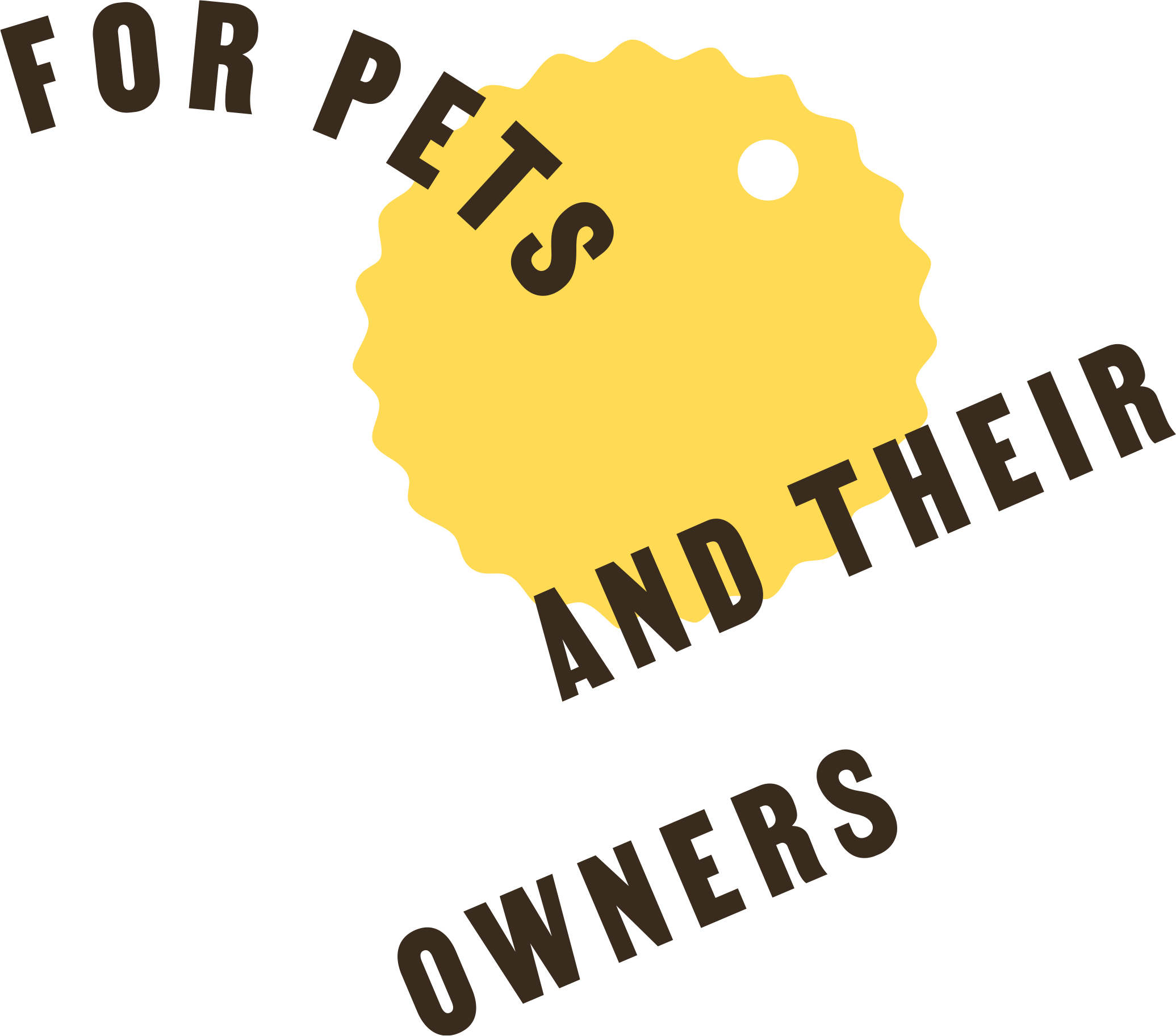What is the best diet for dogs with urinary stones?
Just like people, dogs eliminate waste products filtered by the kidneys through urine. In some cases, the urinary system is not able to dissolve certain substances. This causes the formation of crystals that are either eliminated with much pain or accumulate, forming kidney stones (urolithiasis). That’s why it is essential to take your dog to the vet as soon as possible to begin the appropriate treatment and establish a diet for dogs with urinary stones.
What is urolithiasis and what are its causes?
Urolithiasis is the presence of stones in the lower urinary tract, that is, in the bladder and urethra. Urinary stones occur due to the precipitation and formation of crystals from different minerals that are naturally present in the urine of our furry friends, such as ammonium, calcium, and magnesium.
Among the different factors that may contribute to the formation of crystals and urinary stones, these are the most common causes:
- Insufficient hydration.
- High concentration of salts in the urine.
- Diet with high levels of minerals and proteins.
- Retention of salts and crystals in the urinary tract.
- Bacterial infections in the urinary tract.
Symptoms of urinary stones in dogs
The symptoms of urolithiasis in dogs vary depending on the location of the urinary stones. The most common stones, those that form in the bladder and urethra, usually present the following signs:
- Difficulty urinating.
- Intermittent urination in small amounts.
- Urine leakage.
- Blood in the urine.
- Abdominal discomfort. Although most stones occur in the bladder or urethra, sometimes they can also lodge in the kidneys or ureters, causing an obstruction that results in more severe damage.
In these cases, the clinical signs are as follows:
- Blood in the urine.
- Abdominal discomfort.
- Loss of appetite.
- Vomiting.
- Lethargy. If not treated in time, urinary stones can damage the lining of the urinary tract, causing pain and inflammation. This reaction can lead to a bacterial infection and even block your pet’s urine flow. Urinary obstruction is a much more serious problem that requires immediate emergency treatment.
Diet for dogs with urinary stones
Urinary crystals and stones must be treated medically, dietarily, or surgically depending on the composition of the crystal. As a rule, calcium oxalate, urate, cystine, and silicate stones are difficult to dissolve and therefore, in many cases, need to be removed surgically.
However, struvite stones can sometimes be dissolved by following a diet based on natural dog food specifically formulated for dogs with struvite stones.
A diet for dogs with struvite urinary stones should meet the following requirements:
- Low levels of magnesium and phosphorus. The low concentration of these minerals helps reduce crystal precipitation and the formation of struvite urinary stones.
- Slightly elevated sodium concentration. Slightly increasing sodium intake causes an increase in water consumption. This promotes greater urine dilution and less crystal precipitation in the urinary tract.
- Controlled amount of protein. Limited protein levels support kidney function and help reduce stress on the urinary system.
In summary, if you think your loyal companion suffers from urolithiasis, we recommend that you take him to the vet immediately to confirm the diagnosis and start the appropriate treatment. In addition, you will need to change your pet’s diet to dog food for urinary stones that contains controlled levels of protein and minerals.
In this regard, we recommend the product range of veterinary food for dogs with bladder problems from TrovetPlus. A wide variety of scientifically formulated foods, snacks, and supplements to support the treatment of the most common urinary problems in our pets.

